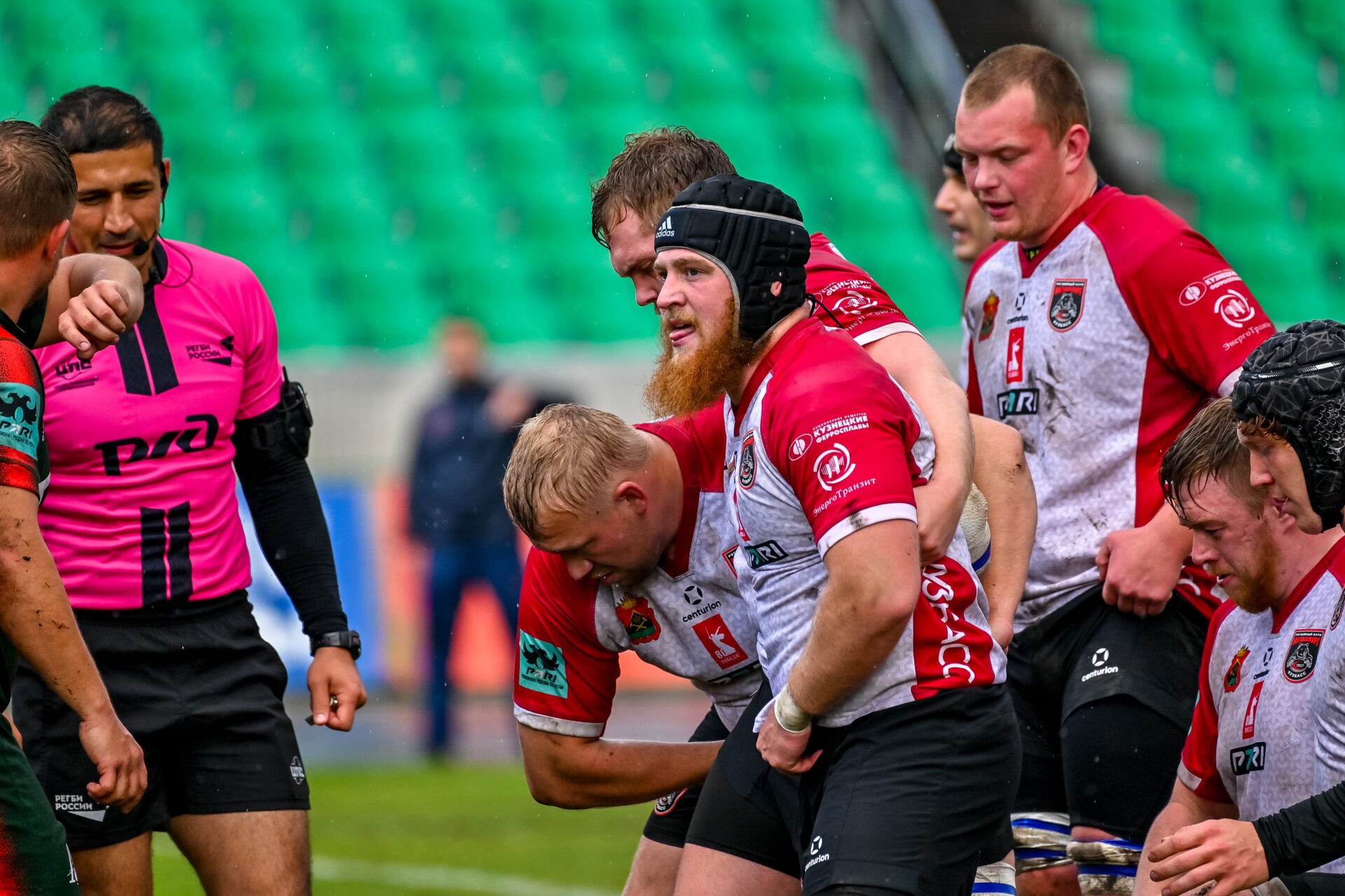Following their initial semi-final for the 5th-8th place standings, the coaching staffs, led by Alexander Yanyushkin (widely associated with Lokomotiv) and Viktor Gresev (a key figure for Metallurg), have opted for what can only be described as a comprehensive overhaul. The sheer scale of these rotations is unprecedented, hinting at a calculated risk aimed at either testing new talent or preserving key players for future battles.
Metallurg`s Strategic Shake-up: Ten New Faces
“Metallurg,” affectionately known as “The Forge,” is preparing to face their opponents with a largely unfamiliar front. A significant ten changes have been implemented in their starting XV. Only five stalwarts from their previous encounter—Vyacheslav Taskin, Danila Mankovsky, Semyon Garmanov, Pyotr Konik, and Alexey Bernauchis—have managed to retain their coveted spots. This extensive rotation suggests a deliberate effort to explore the depth of their roster, or perhaps to offer a fresh perspective on their tactical approach.
Conspicuously absent from the matchday squad are several prominent figures, including Igor Galinovsky, Denis Talyanov, Georgy Kuzin, Nikita Akulinichev, and Ilya Saglaev. This signals a bold move away from established combinations. The new “Metallurg” lineup for the impending clash will feature: Alexander Novik, Danil Orlik, Duncan Edwards, Vyacheslav Taskin, Francois Kleinhanz, Kirill Kuzmichev, Sergey Belenkov (captain), Danila Mankovsky, Rasim Sultanov, Roman Senchenko, Semyon Garmanov, Pyotr Konik, Semyon Chernonogov, Alexey Bernauchis, and Vitaly Bezmaternykh. Even the reserve bench boasts a slew of fresh faces, reinforcing the idea of a complete reset.
Lokomotiv`s Sweeping Overhaul: Twelve Players Replaced
Not to be outdone in this strategic game of musical chairs, “Lokomotiv” has opted for an even more radical approach, implementing a staggering twelve changes to their starting lineup. A mere trio of players—Bogdan Kireev, Pavel Soshin, and Franco Nodier—will start consecutive games. This decision effectively means “Lokomotiv” will be fielding a nearly entirely new team, a move that could either electrify or destabilize their performance.
The list of players who did not travel to Saransk or are otherwise omitted from the squad reads like a who`s who of Lokomotiv`s previous fixtures: Sergey Sekisov, Alexander Ryabov, Jeremy Jordaan, Stefan de Wit, Stefan Malan, Rudy van Rooyen, Sergey Yanyushkin, Chris Hollis, Daniil Potikhanov, Valery Khlutkov, and Nikita Filippov. Such significant omissions point towards a clear strategic directive: either these players are being rested, or the club is making a concerted effort to blood new talent and expand its tactical options.
“Lokomotiv`s” revamped starting XV will comprise: Andrey Polivalov, Denis Mashkin, Vladimir Podrezov, Vadim Zharkov, Bogdan Kireev, Alexey Bashev, Pavel Soshin, Tamerlan Khubaev (captain), Ivan Ovchinnikov, Andrey Yanyushkin, Lev Derksen, Franco Nodier, Artem Lyubaev, Magomed Kurbanov, and Pavel Kuraev.
A Calculated Risk or a Daring Experiment?
The context of vying for 5th-8th place might provide the perfect environment for such bold experimentation. The immediate pressure is arguably less intense than a grand final, offering a valuable opportunity for coaches to assess their entire roster under match conditions. This could be a forward-thinking approach to foster deeper squad cohesion and ensure that the team is not overly reliant on a handful of star players, thereby building a more robust foundation for future seasons. Alternatively, it might simply be a pragmatic way to manage player fatigue and injuries over a demanding season.
The Spectacle Awaits
The upcoming fixture, scheduled for October 5th at 15:00 Moscow time, promises to be more than just a rugby match. It will be a live, unfolding experiment in tactical courage and squad management. Will these radically altered lineups surprise with their synergy and fresh energy, unveiling untapped talent and unexpected combinations? Or will the lack of established rapport prove to be a formidable obstacle, leading to a period of adjustment on the field?
Regardless of the outcome, this audacious strategy from both Lokomotiv and Metallurg marks a fascinating chapter in Russian rugby. It underscores a willingness to innovate and a commitment to long-term squad development, transforming a playoff fixture into a compelling showcase of the sport`s dynamic and ever-evolving nature. It`s a clear signal that in Russian rugby, predictability is not always part of the game plan.

